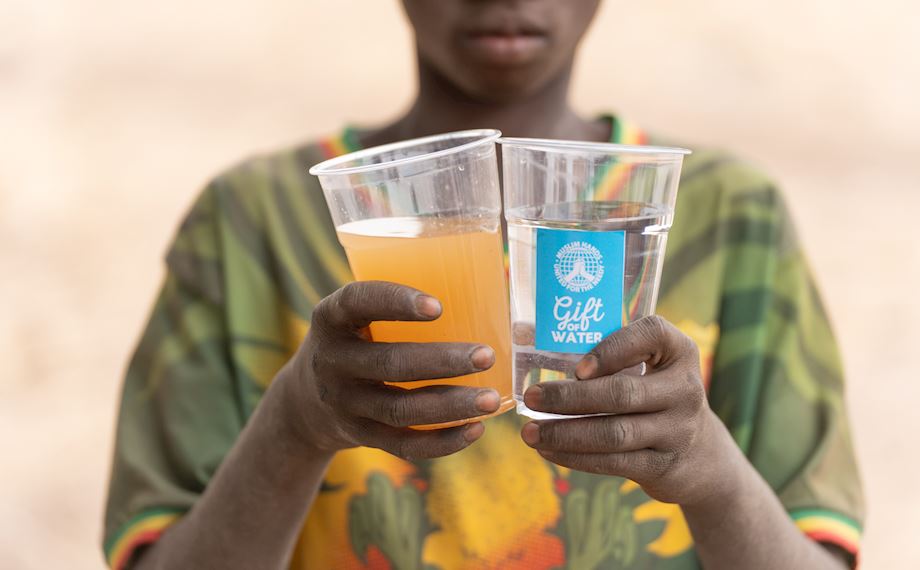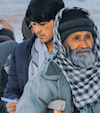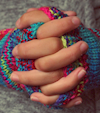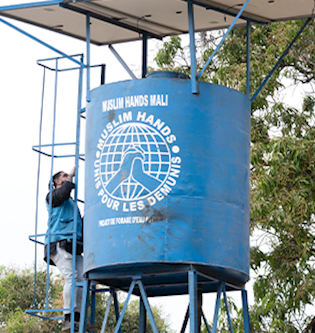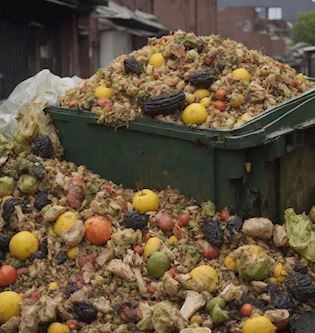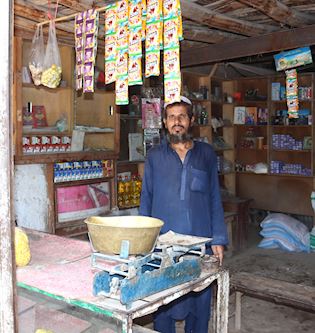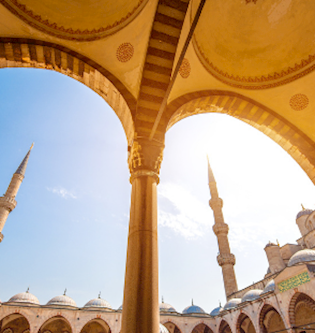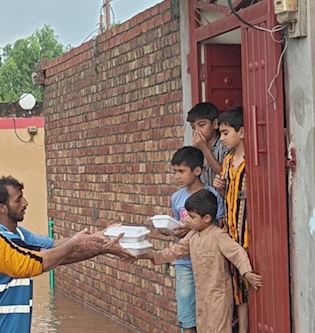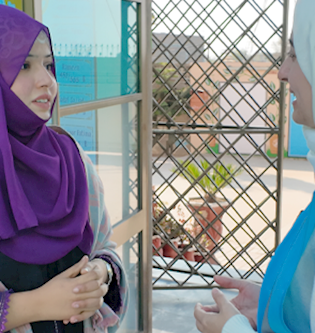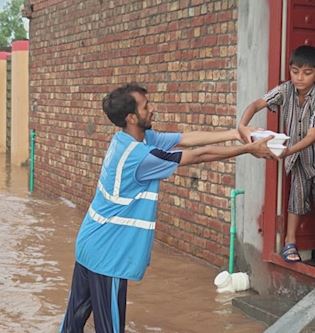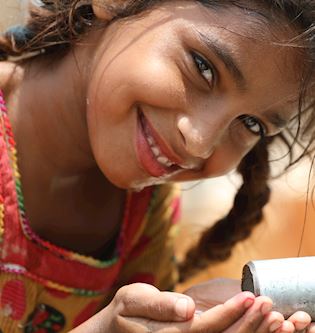Meet Nafissa: 1 of 10 Million Without Clean Water

For Niger-based Nafissa and her family, the water situation is beyond dire.
“We drink the water the animals use, it makes us sick, but we have no choice,” she says. “The next water source is too far away.”
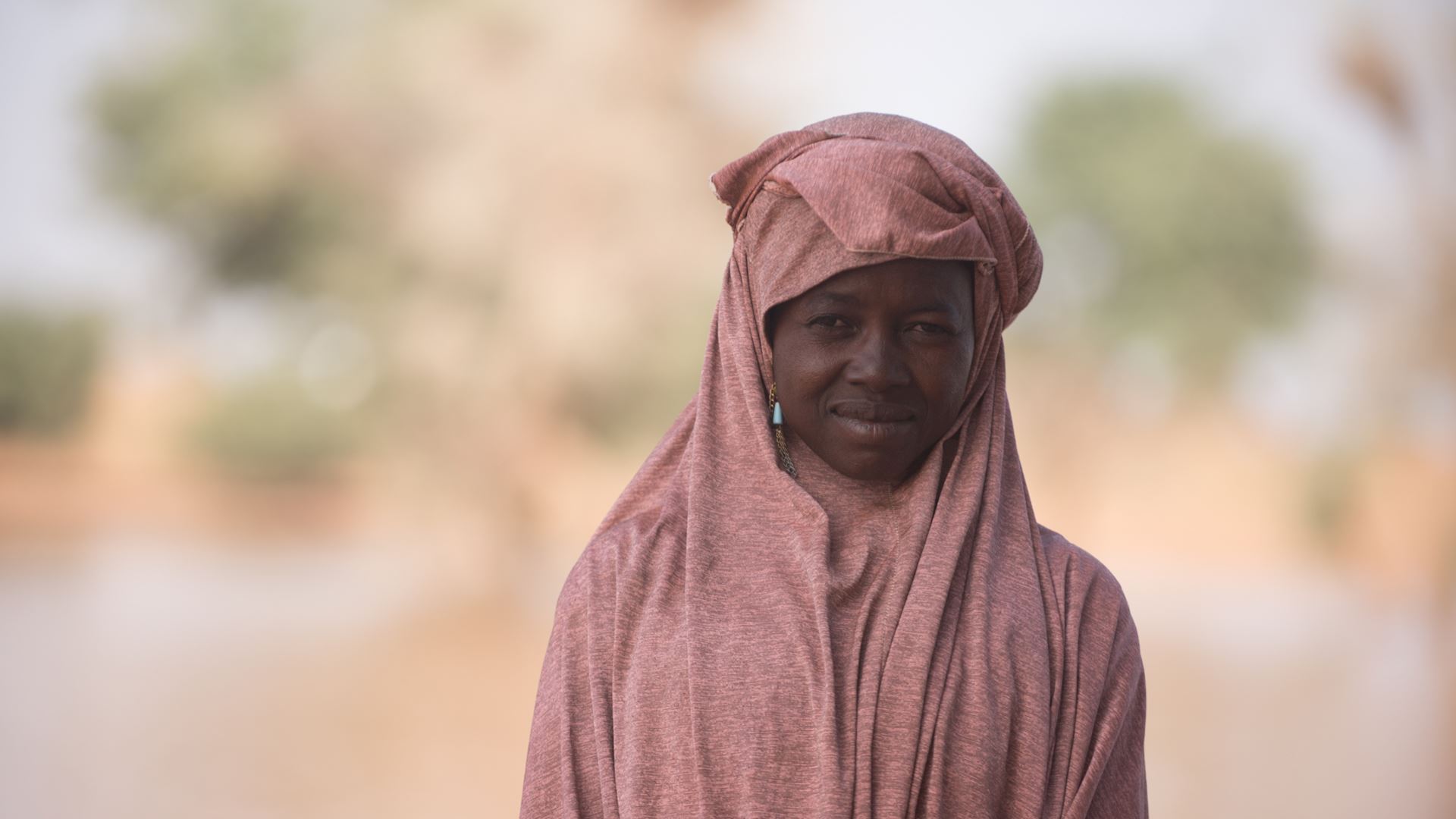
Nafissa is one of 10 million people in a country that does not have access to clean water.
Every few days, she and her family load donkeys with water containers, travelling several kilometres to fetch water. A disease-ridden watering hole that livestock use to drink and defecate is their only source of water. The water they are forced to drink isn’t just dirty -- it’s deadly. In Niger alone, nearly 12,000 children die every year from diarrhea transmitted through polluted water.
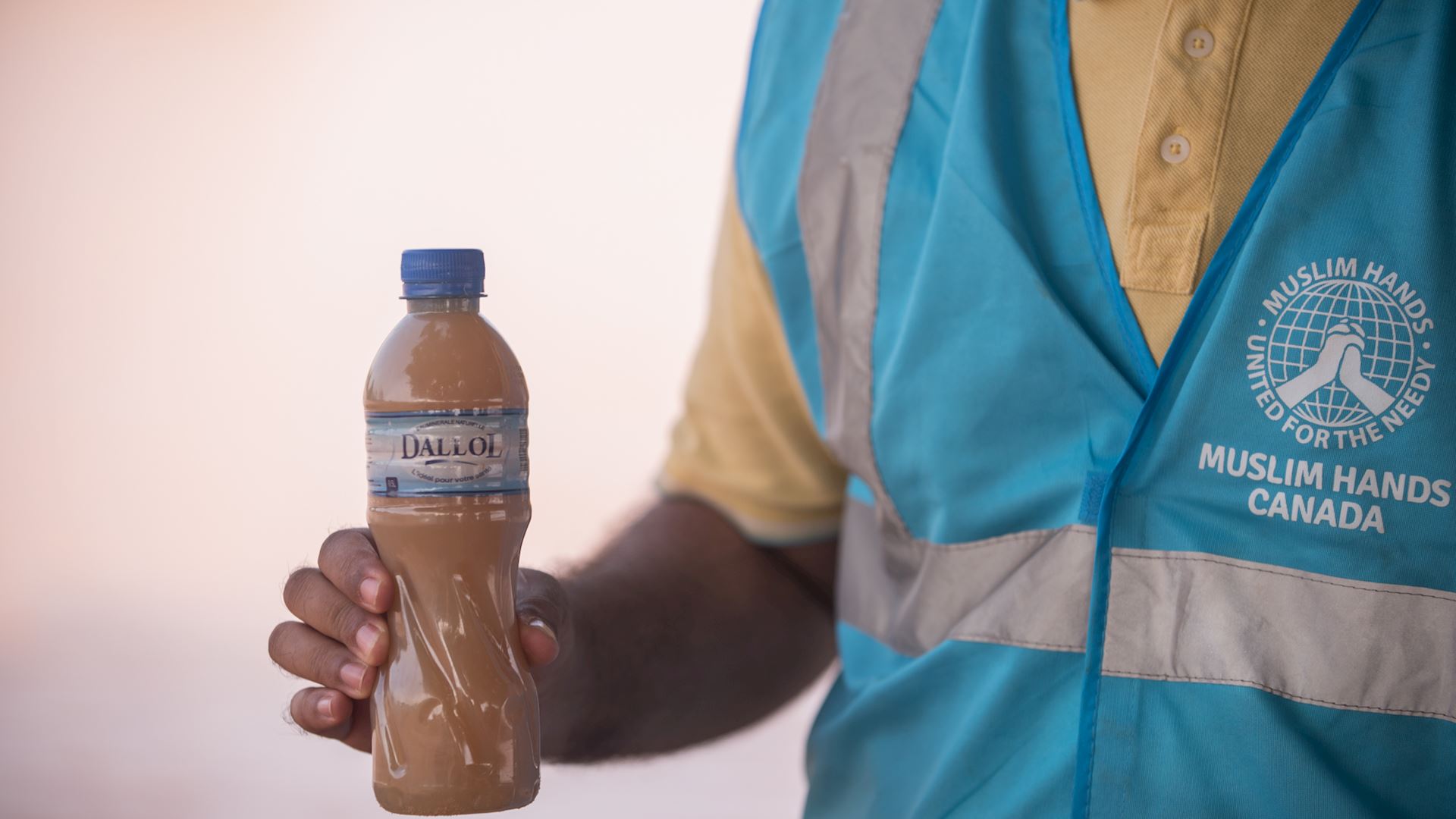
The burden of fetching water in developing countries often falls on women and girls. Water collection is not only time-consuming, but strenuous. Walking early in the morning or late at night, puts women at risk of being attacked
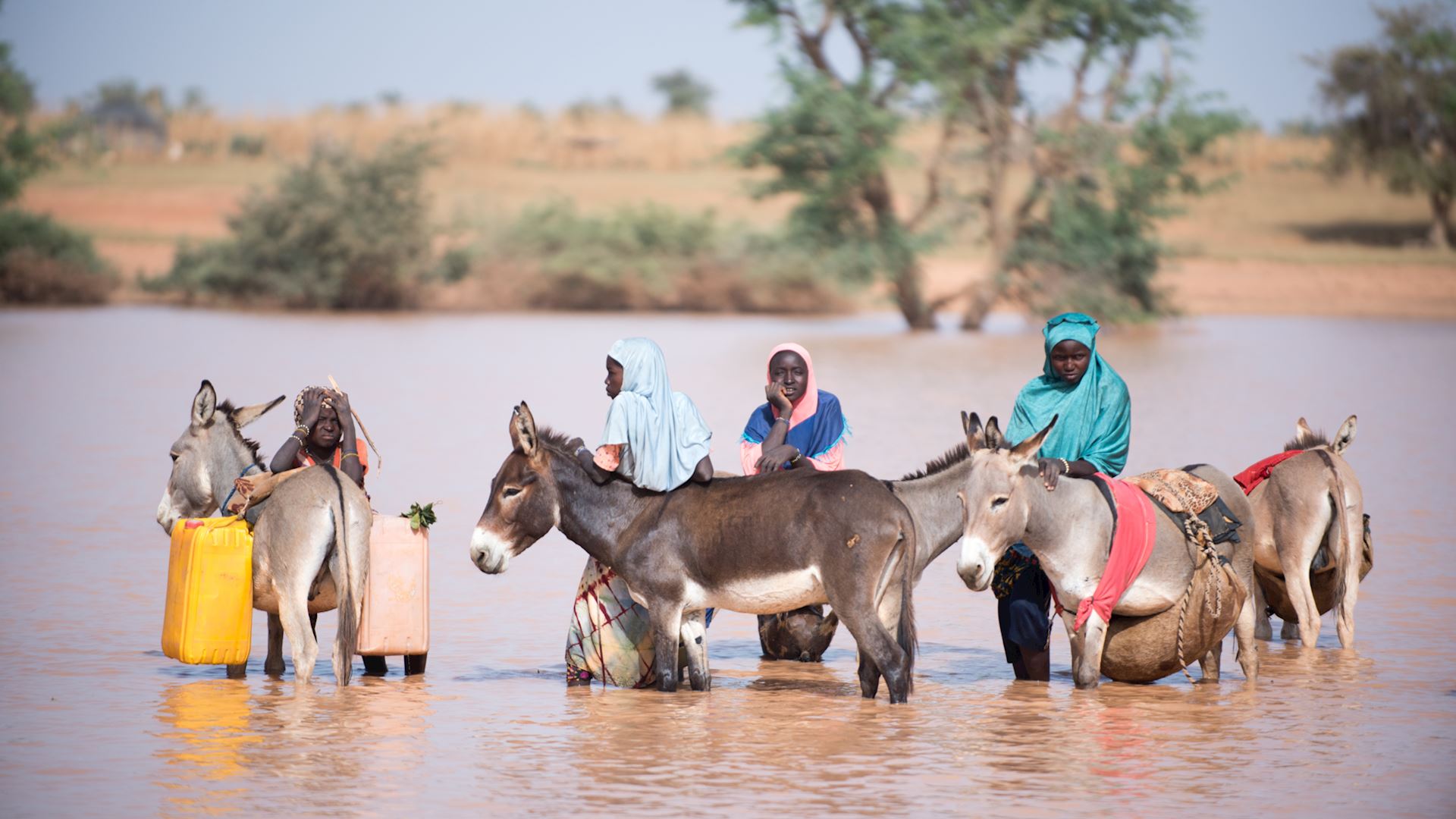
Spending hours every day collecting water means women like Nafisa have little time for work, school, or family duties. This leads them to become locked in a vicious cycle of poverty – unable to achieve their potential.
A water well could change the lives of entire communities, reducing the rates of illness and disease, subsequently ensuring safety and security of women and girls.






